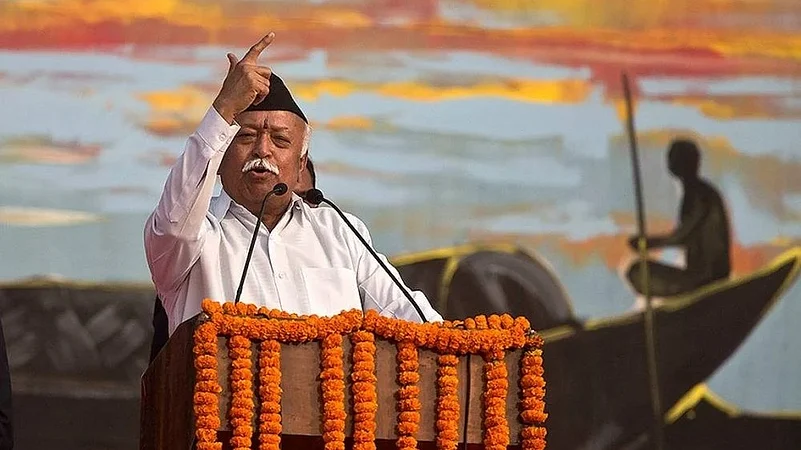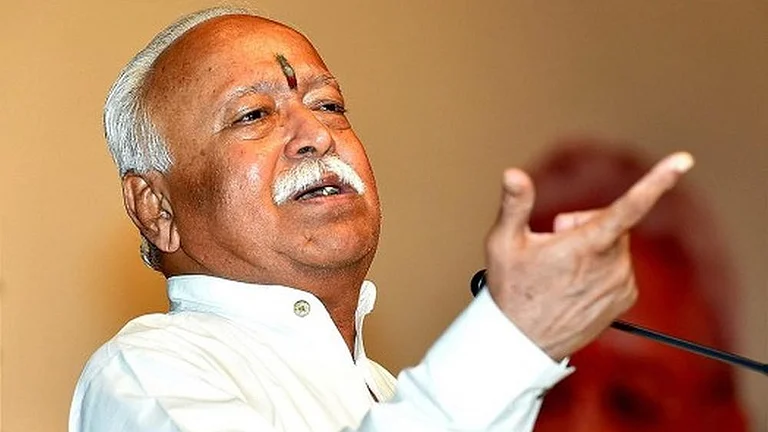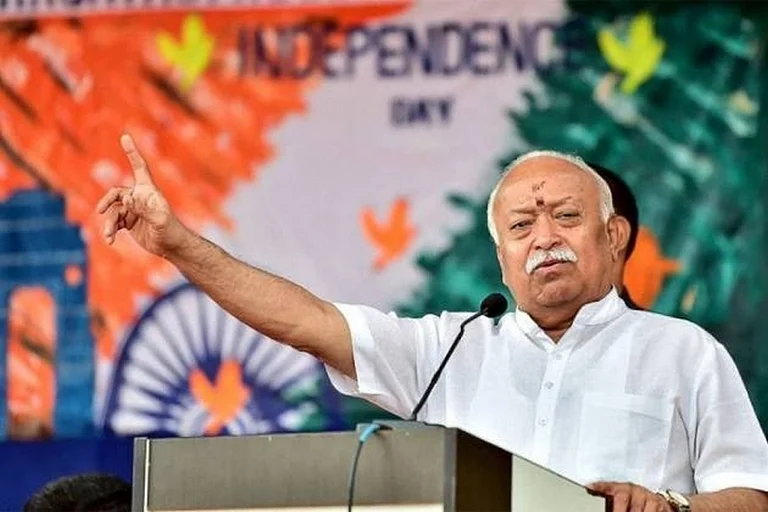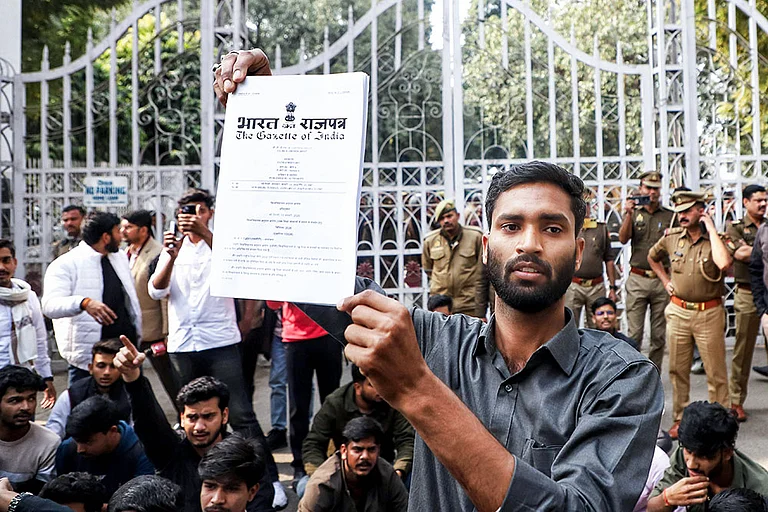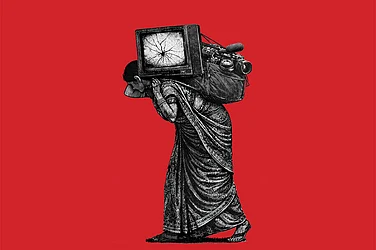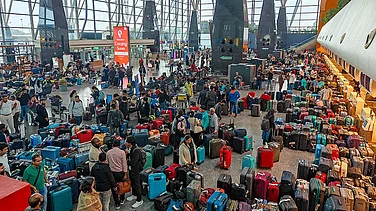
Summary of this article
Mohan Bhagwat links Bhagavad Gita teachings to India’s civilisational values at Lucknow event.
He says the days of invasions are over and the Ram temple flag represents India’s continuity.
CM Yogi Adityanath defends RSS volunteer funding and urges duty-driven service across communities.
Rashtriya Swayamsevak Sangh (RSS) chief Mohan Bhagwat on Sunday linked the teachings of the Bhagavad Gita to what he called India’s civilisational continuity, addressing a gathering in Lucknow that the “days of invasions” were over and that the Ram temple symbolised a renewed assertion of identity. According to Indian Express, he was speaking at the Gita Prerna Mahotsav alongside Uttar Pradesh Chief Minister Yogi Adityanath.
Bhagwat told the audience that the text offered moral clarity at a time when the world appeared “lost, exhausted and directionless”. “Wo vaibhav ke din bhi nahi rahe. Wo akramano ke din bhi chale gaye. Ab Ram Mandir par jhanda fahrane waale hain. Tab bhi Bharat tha, Ab bhi Bharat hai,” he said. Indian Express reported that he linked the scripture’s message to India’s long historical arc, saying the country “used to be the Vishwaguru”, survived a thousand years of invasions, destruction of places of worship and forced conversions, but retained its civilisational identity.
He urged people to move beyond mere recitation. “We are here because the Gita has to be lived, not just recited. Its 700 slokas must be read, contemplated and applied in our daily lives,” he said, drawing a parallel between Arjuna’s battlefield dilemma and present-day uncertainties. He added that Krishna’s counsel emphasised courage and responsibility: “Do not escape. Stand firm, confront the problem and act without ego or fear.”
Bhagwat also endorsed efforts to make the Gita more accessible through practical interpretations, arguing that personal transformation grounded in the text should feed wider social change. Indian Express reported that he framed the scripture as a guide for both individual conduct and collective renewal.
Sharing the stage, Adityanath defended the RSS’s funding pattern, stressing that the organisation operates on voluntary support rather than foreign or institutional contributions. “We tell diplomats and foreign envoys that we have worked as swayamsevaks. There is no funding pattern. No OPEC country or international church funds it. RSS stands on the strength of society and works with a spirit of service,” he said.
The chief minister described the Gita as a “divine mantra” and said Indian traditions view religion as a way of life rooted in duty rather than ritual alone. “In our tradition, religion is not limited to rituals or methods of worship; these are only small components,” he said, adding that while people may choose their own forms of worship, the essence of Sanatan Dharma lies in living responsibly.
He argued that moral conduct brings virtue while wrongdoing yields sin, and said the Sangh’s service extends across religion, language and region. He criticised those who “turn service into a tool of deals and influence” and who, he claimed, seek to change India’s demographic character through pressure or inducement.
Adityanath also spoke of improving public services, pointing to innovations such as robot-assisted sewage cleaning to reduce risks for manual workers and enhance ease of living.
(With inputs from Indian Express)


